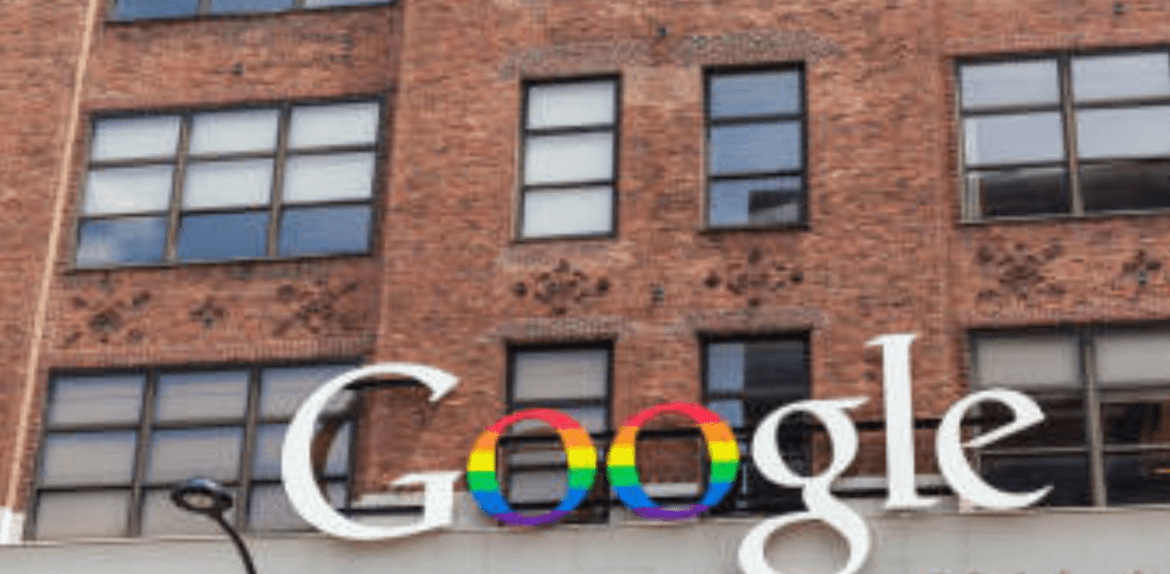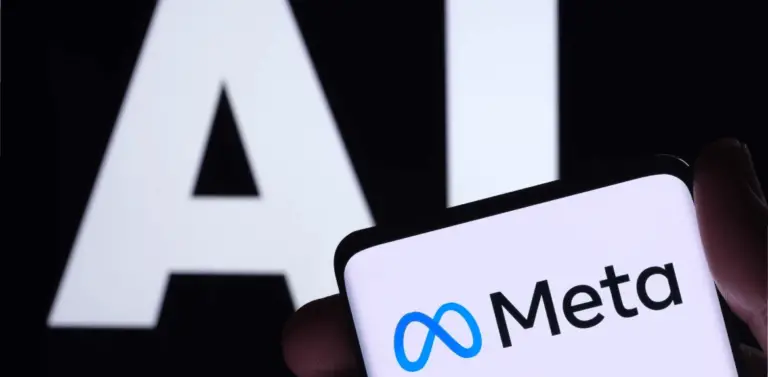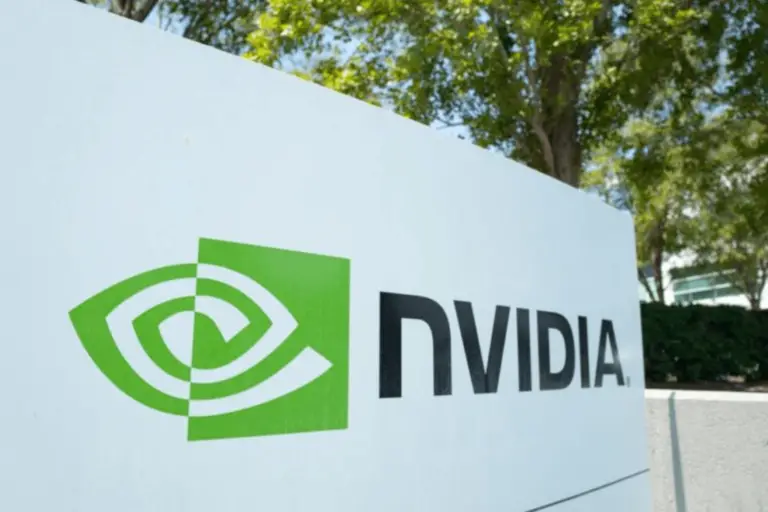
Google will improve AI-generated search summaries after odd results
Google plans to improve its AI-generated search result summaries after receiving criticism for providing inaccurate and sometimes absurd answers, limiting satire and humor content, and addressing technical flaws and content violations.
Google announced on Thursday that it plans to improve and retool its AI-generated search result summaries. In a blog post, the company explained why the feature was giving people strange and wrong answers like “eat rocks” or “add glue to pizza sauce.” The company will narrow down the types of searches that will produce an AI-written summary.
Liz Reid, Google’s head of search, said that the company has “limited the inclusion of satire and humor content” and taken away some of the search types that would produce AI overview results.
The company is also taking action against what it called a “small number” of AI overviews that break its content rules. Less than 1% of the 7 million unique search queries displayed the feature.
When Google released AI overviews in the US this month, videos quickly went viral, showing how the tool misinterpreted information and appeared to get answers from satirical sources like The onion or joke Reddit posts.
Then, Google’s AI failures became a meme, with fake screenshots of strange and scary answers going viral on social media sites, along with the tool’s real failures.
When Google released its AI overview feature, the company said it was an important part of its larger plan to use generative AI in its core services. However, when it went live, the company was embarrassed in public again, this time for a new AI product.
Earlier this year, Google faced anger and ridicule when its AI image generation tool portrayed people of color in situations that were not realistic. For example, it made pictures of black people serving as German soldiers in the Second World War.
Google’s blog briefly reviewed what was wrong with AI overviews and defended them. Reid asserted that information gaps resulting from rare or unusual searches were responsible for many of the real AI overview lies. Reid also said there had been attempts to trick the function so that it gave wrong answers on purpose.
“Having millions of people use the feature with many novel searches is like nothing else,” Reid wrote in the post. We’ve also observed new searches that lack logic and appear designed to yield incorrect results.
Improving AI Systems: Addressing Challenges and Controversies
Many of the viral posts came from unusual searches, such as “how many rocks should I eat?” The Onion article, “Geologists Recommend Eating at Least One Small Rock Per Day,” yielded a result, but other results seemed to come from more reasonable inquiries.
One AI expert shared an image of an AI overview claiming that Barack Obama was the first Muslim president of the United States, a widely held right-wing conspiracy theory.
Looking at examples from the last few weeks, we were able to identify patterns where we didn’t get it right, and we made more than a dozen technical improvements to our systems, Reid said.
Google’s blog describes the issues with AI overviews as isolated cases. However, many AI experts have said that the problems with AI overviews are a sign of bigger problems with AI’s ability to judge the truth of facts and automate access to information.
In its post, Google said that “user feedback shows” that AI overviews have made people happier with their search results. However, it is still unclear what the broader implications of its AI tools and changes to its search functions are.
Website owners are worried that AI summaries will be bad for online media because they will take away visitors and ad revenue from sites. Some researchers are also worried that Google will gain even more control over what people see on the internet.


